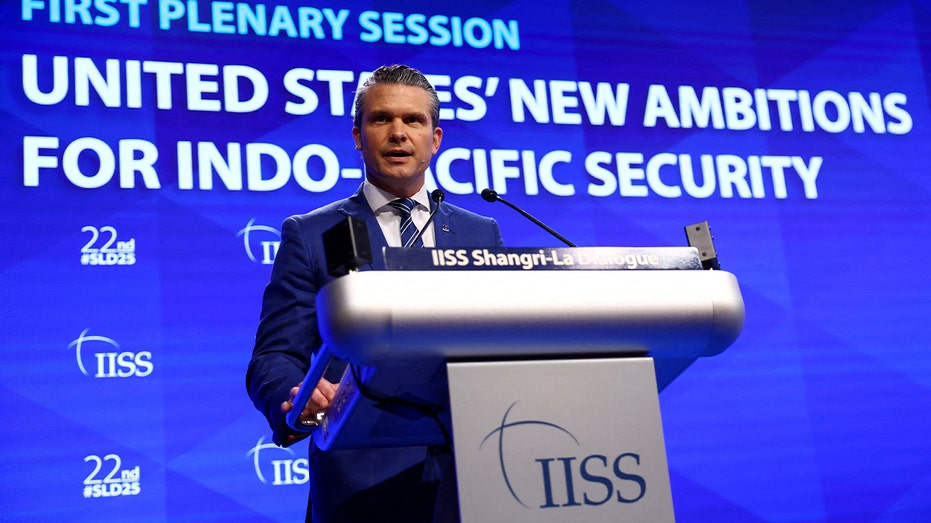Microsoft Ends Use of China-Based Engineers for Pentagon Projects Amid Espionage Fears

Sarah Johnson
July 20, 2025
Brief
Microsoft halts use of China-based engineers for Pentagon projects amid espionage fears, responding to national security concerns over cloud system vulnerabilities.
In a striking move that underscores growing national security anxieties, Microsoft has announced it will no longer employ China-based computer engineering teams for sensitive Pentagon cloud systems and other classified projects. This decision follows a whirlwind of concerns raised by a recent investigative report that exposed potential vulnerabilities in a program Microsoft has operated since 2016.
The report highlighted how Microsoft, in its bid to expand government contracts, may have left critical Defense Department systems exposed by relying on foreign engineers with insufficient oversight. This revelation sent shockwaves through Washington, prompting swift reactions from GOP lawmakers and the Trump administration. Defense Secretary Pete Hegseth didn’t mince words, declaring that foreign engineers from any nation should never have access to Department of Defense (DOD) systems, and promising an immediate investigation.
Microsoft’s response was decisive. Frank Shaw, the company’s chief communications officer, confirmed the policy shift, emphasizing their commitment to providing secure services to the U.S. government. The tech giant acknowledged the concerns and assured that no China-based teams will assist with DOD cloud services moving forward, while continuing to refine security protocols alongside national security partners.
At the heart of the issue is a ‘digital escort’ system Microsoft employed, intended as a safeguard for global cybersecurity personnel—including those in China—working on sensitive but unclassified data. However, sources familiar with the program revealed a troubling gap: many escorts, often hired for their security clearances rather than technical expertise, lacked the skills to adequately monitor the engineers or prevent potential breaches. This data, while not classified, often supports critical military operations, making any lapse a significant risk.
China’s stringent laws, which compel cooperation with government data collection, only heighten the stakes. Even as Microsoft initially defended its protocols, citing federally approved background checks and layered security measures, the mounting pressure and public scrutiny led to this policy reversal. It’s a stark reminder of the delicate balance between technological innovation and national security in an era where digital borders are as critical as physical ones.
Topics
Editor's Comments
Well, folks, it seems Microsoft just learned that playing 'digital babysitter' with China-based engineers on Pentagon projects is a bit like asking a fox to guard the henhouse—except the fox has a PhD in hacking! Let’s hope their new security protocols are less of a ‘cloud’ and more of a fortress. And hey, Pete Hegseth, if you’re looking into this ‘ASAP,’ maybe check if those digital escorts left any backdoors—literal or otherwise!
Like this article? Share it with your friends!
If you find this article interesting, feel free to share it with your friends!
Thank you for your support! Sharing is the greatest encouragement for us.






